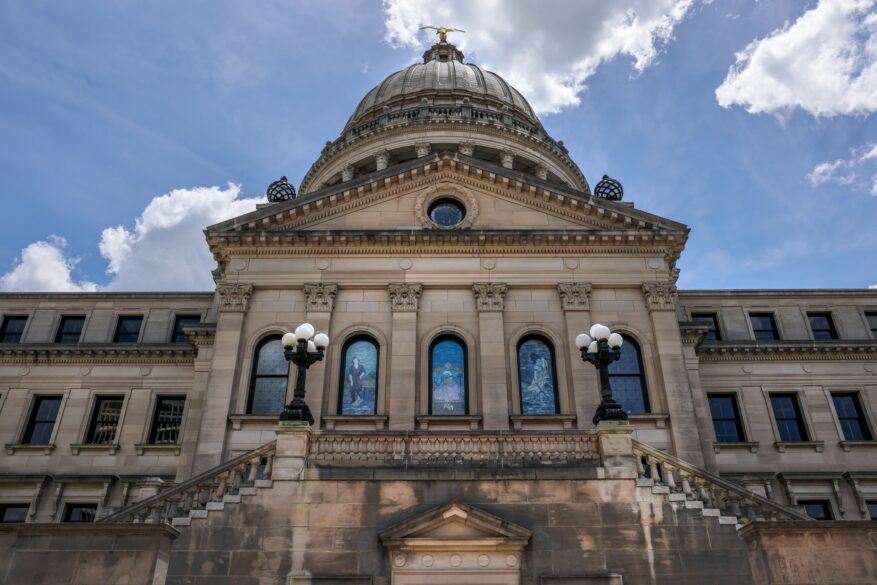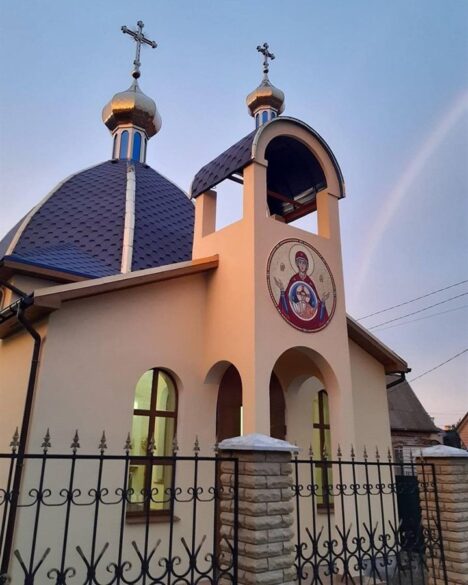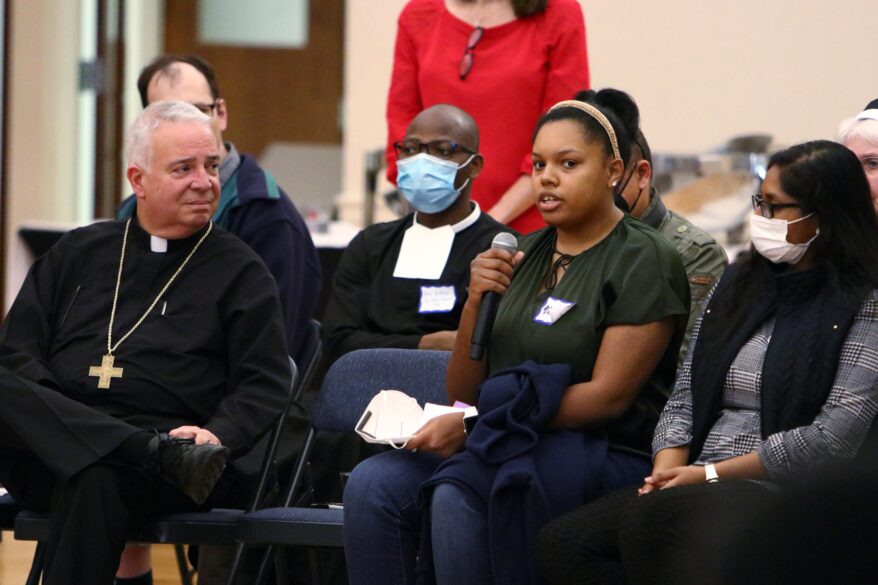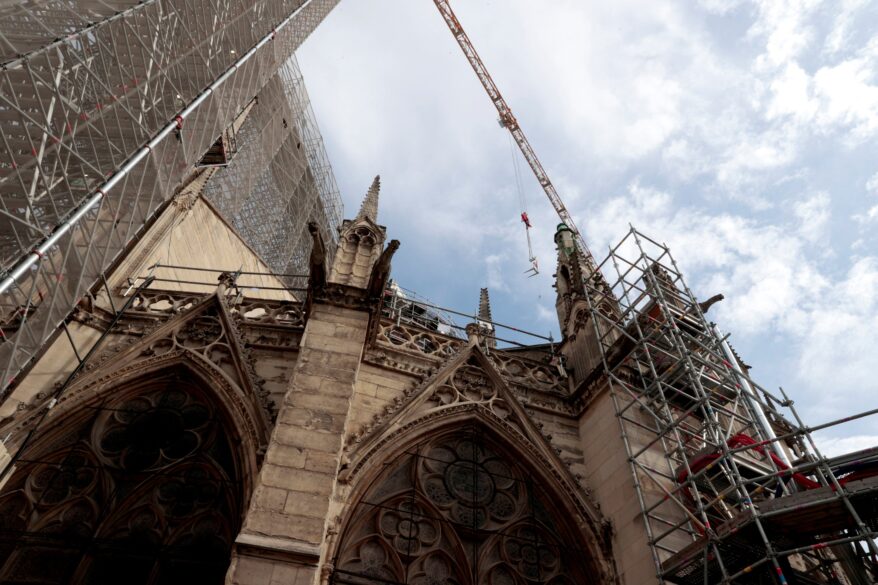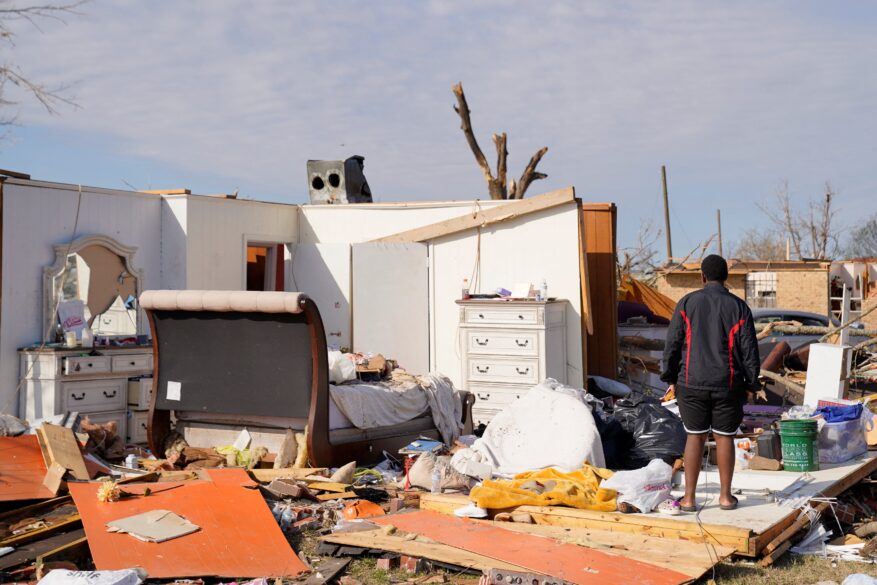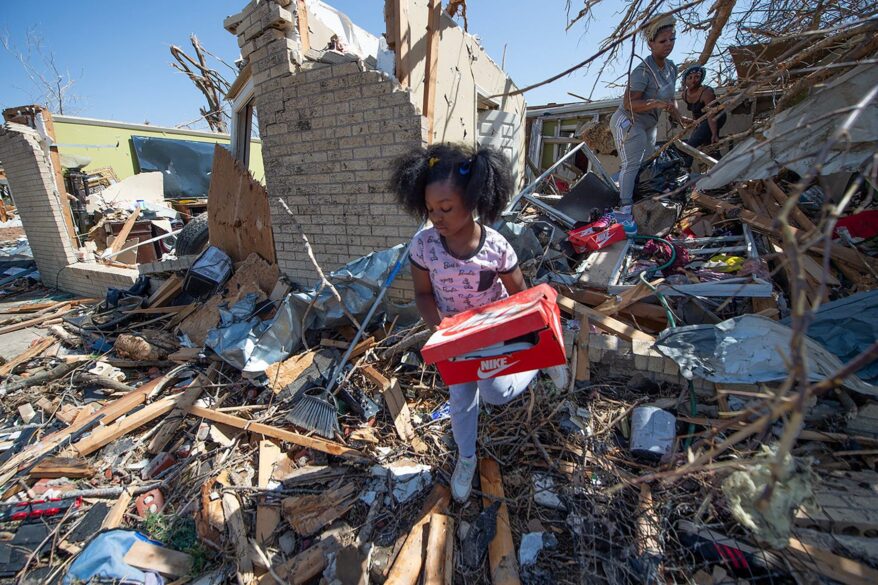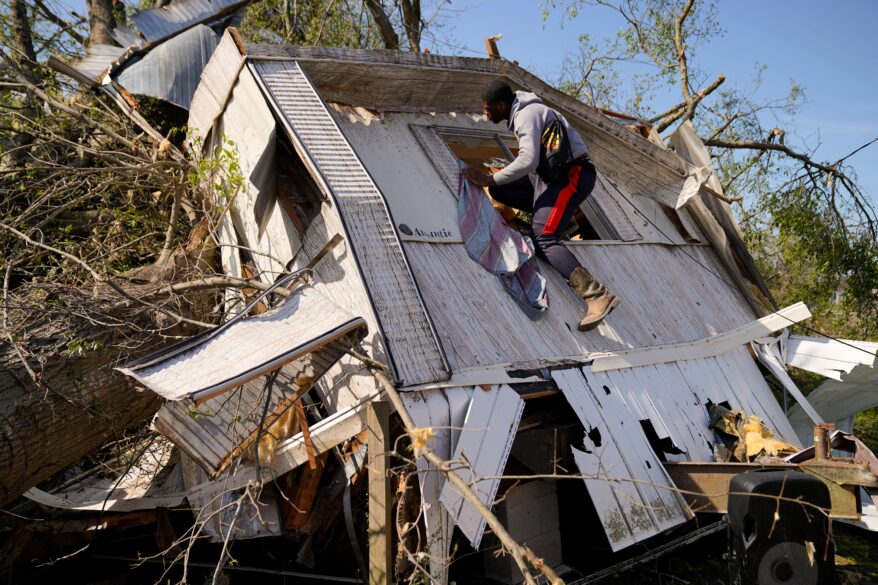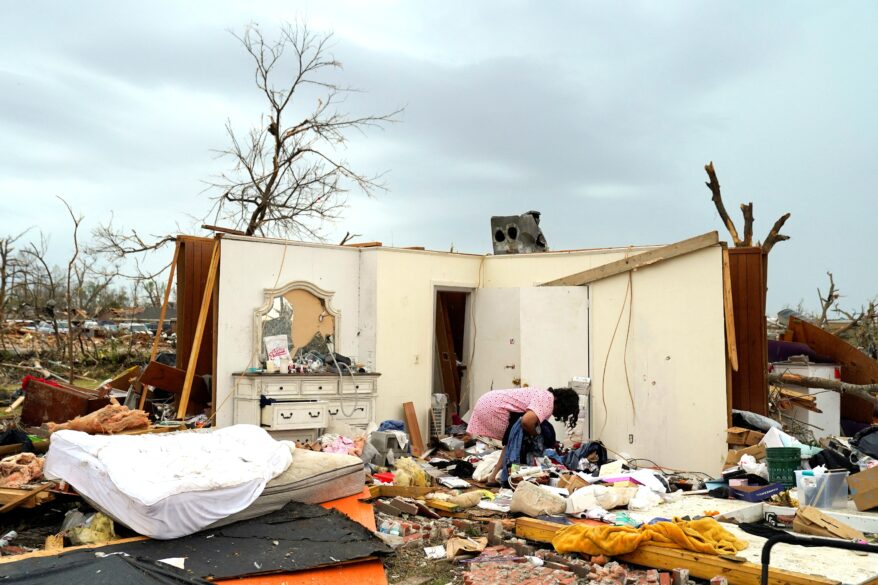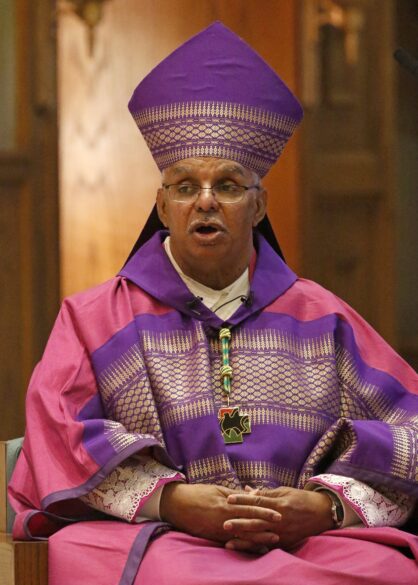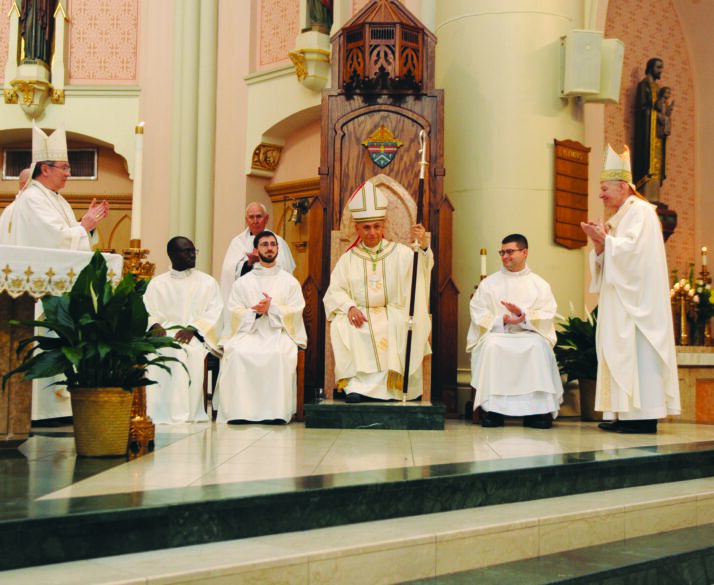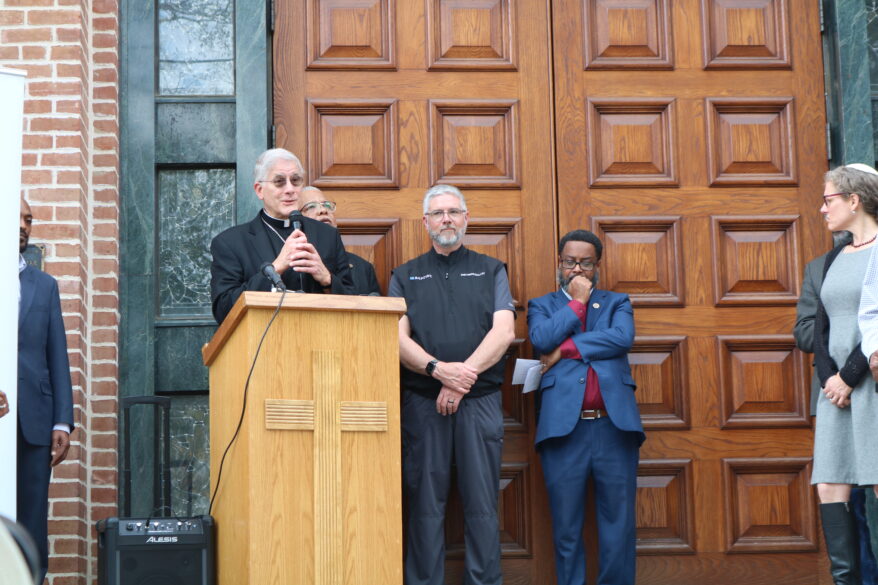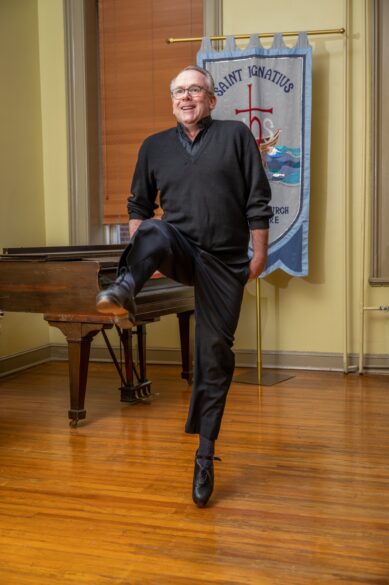By Maria Wiering
ST. PAUL, Minn. (OSV News) – Mike Wavra thinks of the 2024 National Eucharistic Pilgrimage as “an opportunity to walk with the Lord.”
He and his wife, Cindi, both 65-year-old retirees, plan to join the pilgrimage at its northern launch point in Minnesota in May 2024, and then walk for about a week, before rejoining the pilgrims seven weeks later in Indianapolis for the 10th National Eucharistic Congress.
The Wavras are among thousands of Catholics from across the United States anticipated to participate in next year’s pilgrimage to the Congress, part of the U.S. bishops’ three-year National Eucharistic Revival that began in 2021. The pilgrimage has four routes, with one beginning in the north, south, east and west of the country.
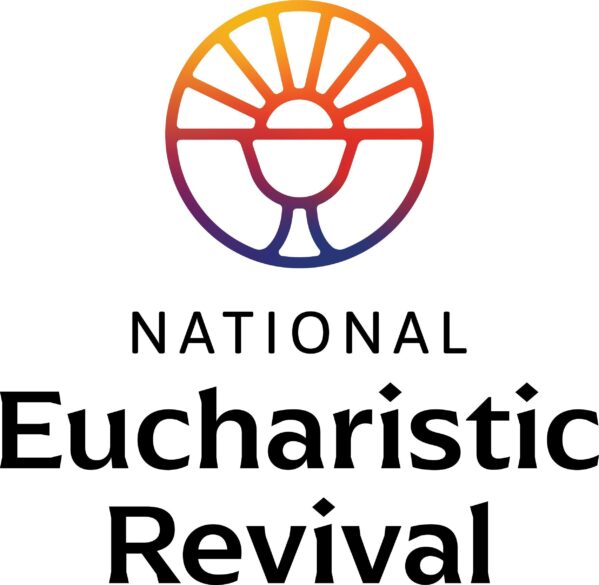
Pilgrims traveling in the “Eucharistic caravans” on all four routes will begin their journeys with Pentecost weekend celebrations May 17-18, 2024, leaving May 19. They will all converge on Indianapolis July 16, 2024, the day before the five-day Congress opens.
The pilgrimage is an opportunity for prayer and evangelization, as well as a way to engage Catholics unable to attend the Congress, said Tim Glemkowski, the National Eucharistic Congress’ executive director.
“What the pilgrimage does is it builds us in prayerful anticipation for what God is going to do at the Congress,” he told OSV News May 5. “It’s two months of us pilgrimaging, fasting, praying, interceding, asking the Lord to renew his church, his bride, in those five days. … They’re not two different things. It’s one pilgrimage: five days of which happen in a stadium in Indianapolis, and two months of which happen across our country on the way there.”
Weekend stops in major cities will include special liturgies, Eucharistic adoration, processions and service opportunities, Glemkowski said.
The northern “Marian Route” that the Wavras plan to take begins in northern Minnesota at Lake Itasca, the headwaters of the Mississippi River. The route follows the river to St. Paul and Minneapolis, its first weekend stop. Then the route heads south to Rochester, Minnesota, and then east through La Crosse and Green Bay, Wisconsin. It continues through Milwaukee, Chicago and Notre Dame, Indiana, before arriving in Indianapolis.
The “Juan Diego Route” begins more than 1,600 miles south of Lake Itasca in Brownsville, Texas, at the U.S.-Mexico border. It will follow Texas’ eastern border through Corpus Christi and Houston, and continue through New Orleans; Mobile, Alabama; Atlanta; Nashville, Tennessee; and Louisville, Kentucky.
The “Seton Route” – named for St. Elizabeth Ann Seton, the first U.S.-born saint – begins in New Haven, Connecticut, and continues through New York, Philadelphia, Baltimore, Washington, Pittsburgh, and Steubenville, Columbus and Cincinnati, Ohio.
The “Junipero Serra Route” begins in San Francisco – with hope of walking over the Golden Gate Bridge – and continues through Reno, Nevada; Salt Lake City; Denver; North Platte and Omaha, Nebraska; Kansas City, Kansas and Missouri; and St. Louis.
At more than 2,200 miles long, the Junipero Serra Route is the longest and most rigorous route. Pilgrims will use transport to cross sections of their route, but the Rocky Mountains and Great Plains are expected to be crossed on foot. In an interview with Bishop Andrew H. Cozzens of Crookston, Minnesota, for a February episode of the popular podcast “Catholic Stuff You Should Know,” co-host Father John Nepil said he wanted to walk with the Eucharist and fellow priests over Colorado’s Vail Pass, which, at 10,541 feet above sea level, is the highest elevation the pilgrimage routes will reach.
Besides the thrill of the physical challenge, “there’s always been a close connection for me between thinking of the Eucharist as the source and summit of our faith, and the ways we reflect on the Eucharistic high points as a place of transcendence, and then the way it connects to the mountains,” Father Nepil, a priest of the Archdiocese of Denver and vice rector of St. John Vianney Theological Seminary in Denver, told OSV News May 8. “We just kind of jumped at that as a cool prospect of leading some people and shepherding them over that pass as we make our way.”
Modern Catholic Pilgrim, a pilgrimage nonprofit with offices in Minnesota and California, is organizing the national pilgrimage. Its founder and president, Will Peterson, connects the pilgrimage to the scriptural journey from Jerusalem to Emmaus, where two of his disciples met Jesus after the Resurrection. Luke 24 recounts how Jesus comforted them, and then revealed himself in the breaking of the bread.
The routes include important Catholic sites in the United States, such the 18th-century ministry of St. Junipero Serra in what is now California, the Philadelphia tombs of St. John Neumann and St. Katharine Drexel, and in Wisconsin, the National Shrine of Our Lady of Champion, the only approved Marian apparition in the United States.
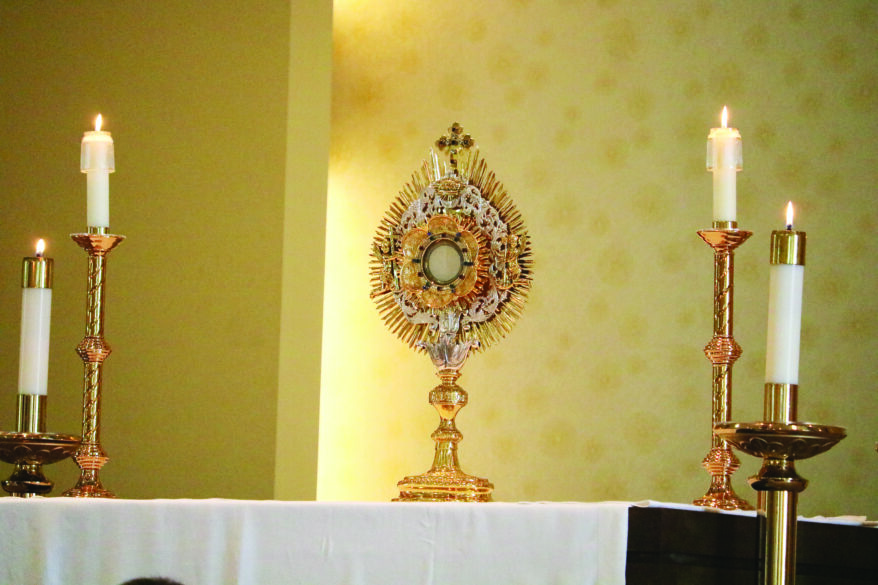
“People are going to reach an ‘Emmaus point’ at these spots along the way, and we want to support the local church,” Peterson said May 9. “That’s where it’s such a great gift to coordinate with like 65 dioceses to say, ‘How can we really highlight the great sacred sites of your diocese?’”
Each pilgrimage route is expected to have 12 “perpetual pilgrims,” young adults, including two seminarians, committed to traveling the entire route, from their launch points to Indianapolis. Each route also will include priest chaplains who will carry the Eucharist, usually in a monstrance specially designed for the pilgrimage. While some chaplains may join the entire pilgrimage route, others may join for segments of the journey, Glemkowski said.
The faithful are invited to join the pilgrimage for hours, days or weeks. Each day of the pilgrimage will begin with Mass and a Eucharistic procession with the local community before pilgrims continue the trek to their next stopping point. Pilgrims joining the Eucharistic caravans for short stretches will be responsible for arranging their own food and overnight accommodations, although some parishes along the routes may provide meals and lodging.
Parishioners of St. Bernard Parish in Thief River Falls, Minnesota, the Wavras have worked out their own logistics: They plan to take their truck with a camper and two motorized bicycles, and “hopscotch” their way along the route, taking their truck each morning to drop off their bikes at that evening’s stop, driving back, walking the pilgrimage route, and then taking their bikes to pick up their truck.
The Wavras expect the pilgrimage to include comradery with fellow Catholics and their bishop, Bishop Cozzens, whose Diocese of Crookston is home to Lake Itasca and the first stretch of the Marian Route. Bishop Cozzens is chairman of the U.S. Conference of Catholic Bishops’ Committee on Evangelization and Catechesis, which is overseeing the revival.
The pilgrimage “brings Jesus out of our churches and out into the public,” Mike Wavra told OSV News May 4. “This is just an opportunity for people to see the Jesus that we know and love.”
Wavra also expects the pilgrimage to attract interest and curiosity from non-Catholics. “They wonder what some crazy Catholics are doing, following a piece of bread,” he said. “It’s not a piece of bread, it’s the Lord himself. What an opportunity for us to share that.”
(Maria Wiering is senior writer for OSV News.)

